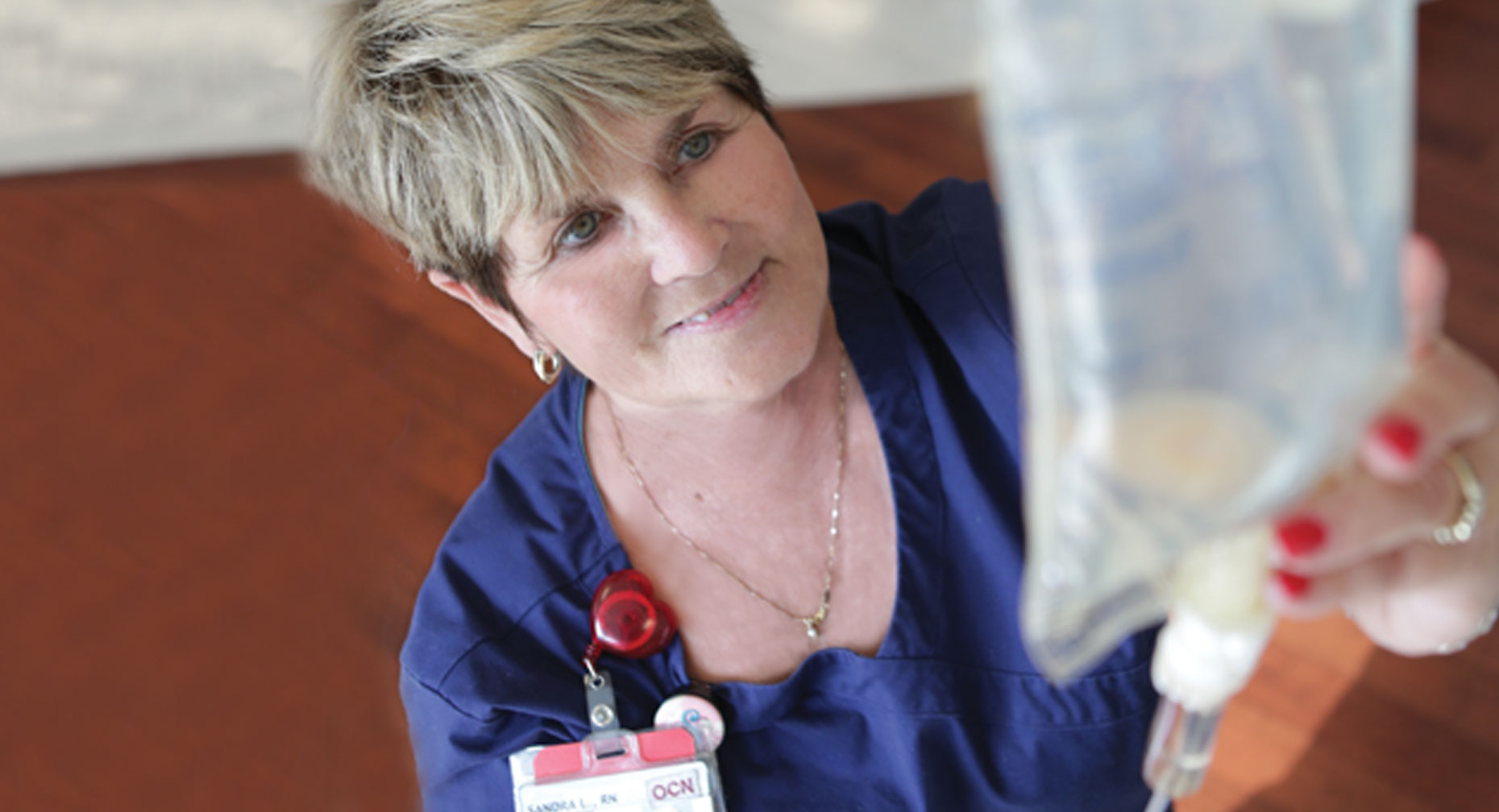Five Ways to Fight Breast Cancer

Answer a few questions and we'll provide you with a list of primary care providers that best fit your needs.
Getting a diagnosis of breast cancer can be overwhelming. But knowledge is power. Understanding treatment choices will help as you begin to discuss your options with your breast cancer health care team. The right solution for your body may involve one or more of these treatments.
Let’s get educated.
Local treatments remove, destroy, or control the cancer cells in one specific area:

- Surgery. Surgery is the most common way to treat breast cancer. The goal is to remove the tumor from your breast. Sometimes only the tumor is removed; sometimes the entire breast. After a breast is removed, you may have surgery then or later to reconstruct the breast either with your own tissue or an implant. Your doctor may also use surgery to see if the cancer has spread to the lymph nodes under your arm.
- Radiation therapy. The goal of radiation is to kill cancer cells using X-rays and other types of radiation. Radiation can be used to shrink a tumor before surgery or it may be used after surgery to kill cancer cells that may remain.
The right solution for your body may involve one or more of these treatments.
Systemic treatments destroy or control cancer cells all through the body. If needed, it could involve one or more of the following:
- Chemotherapy. This treatment uses powerful medicines to kill cancer cells all through the body. Chemo may be used to shrink a tumor before surgery. Or it may be used to kill any cancer cells that remain after local treatments. Also, breast cancer that has spread is usually treated with chemotherapy.
- Hormone therapy. This treatment stops the growth of cancer cells that rely on certain hormones. It can be delivered in two ways: with hormone therapy drugs, such as tamoxifen, or by removing the ovaries since they make the hormones. Hormone therapy may be used after surgery to decrease the chance of breast cancer returning or a new cancer developing. It’s also used sometimes to treat cancer that has spread.
- Targeted therapy. New! As researchers have learned more about the gene changes that cause cancer, they have developed drugs aimed right at these changes. These medicines recognize a specific molecular change in a cancer cell. Then they either destroy or slow the growth of the cancer cells. These therapies tend to have fewer and less severe side effects than conventional treatments. For some types of breast cancer, the drug Herceptin (trastuzumab) may be used. It targets the protein HER-2.
Answer a few questions and we'll provide you with a list of primary care providers that best fit your needs.
Source: American Cancer Society




